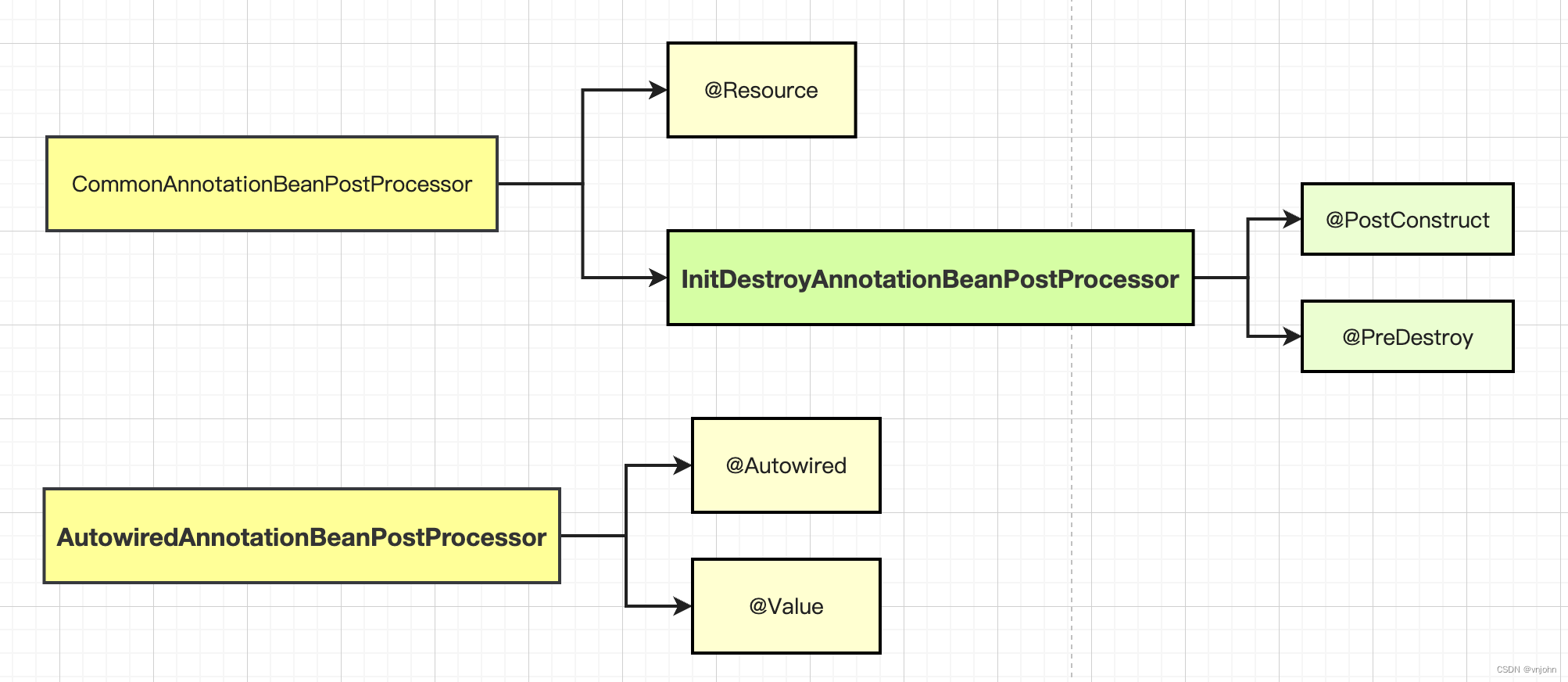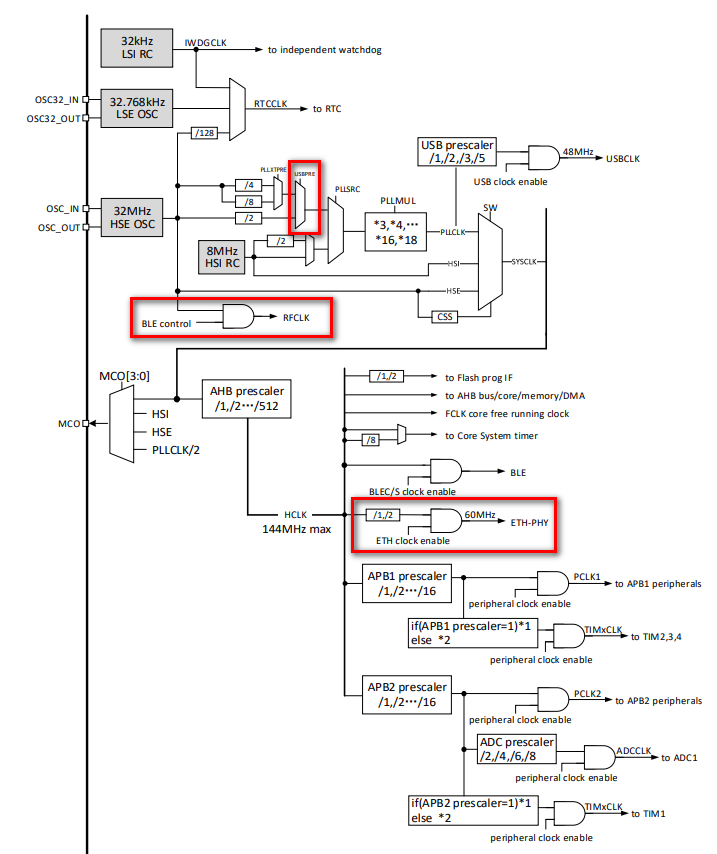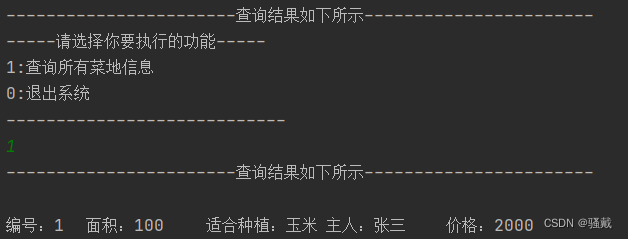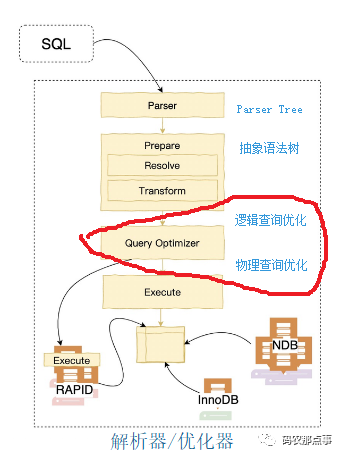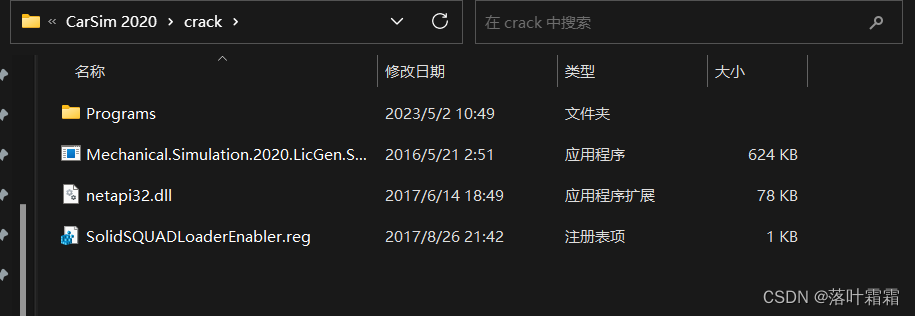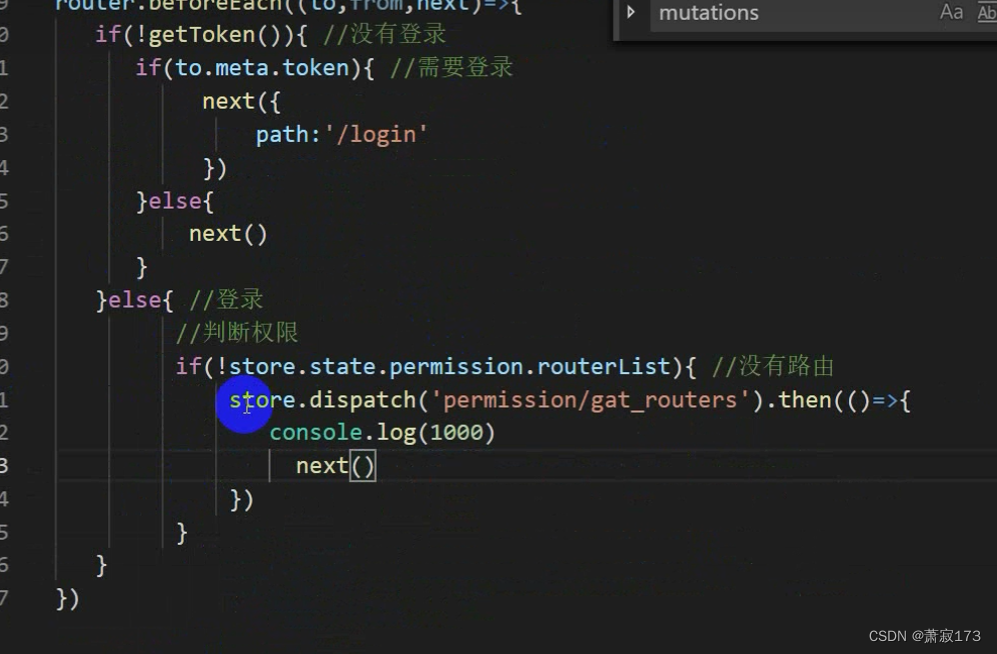定义于头文件 <vector>
| template< class T, | (1) | |
| namespace pmr { template <class T> | (2) | (C++17 起) |
1) std::vector 是封装动态数组的顺序容器。
2) std::pmr::vector 是使用多态分配器的模板别名。
| 元素相继存储,这意味着不仅可通过迭代器,还能用指向元素的常规指针访问元素。这意味着指向 vector 元素的指针能传递给任何期待指向数组元素的指针的函数。 | (C++03 起) |
vector 的存储是自动管理的,按需扩张收缩。 vector 通常占用多于静态数组的空间,因为要分配更多内存以管理将来的增长。 vector 所用的方式不在每次插入元素时,而只在额外内存耗尽时重分配。分配的内存总量可用 capacity() 函数查询。额外内存可通过对 shrink_to_fit() 的调用返回给系统。 (C++11 起)
重分配通常是性能上有开销的操作。若元素数量已知,则 reserve() 函数可用于消除重分配。
vector 上的常见操作复杂度(效率)如下:
- 随机访问——常数 O(1)
- 在末尾插入或移除元素——均摊常数 O(1)
- 插入或移除元素——与到 vector 结尾的距离成线性 O(n)
std::vector (对于 bool 以外的 T )满足容器 (Container) 、具分配器容器 (AllocatorAwareContainer) 、序列容器 (SequenceContainer) 、连续容器 (ContiguousContainer) (C++17 起)及可逆容器 (ReversibleContainer) 的要求。
成员函数
赋值给容器
std::vector<T,Allocator>::operator=| vector& operator=( const vector& other ); | (1) | |
| vector& operator=( vector&& other ); | (2) | (C++11 起) (C++17 前) |
| vector& operator=( vector&& other ) noexcept(/* see below */); | (C++17 起) | |
| vector& operator=( std::initializer_list<T> ilist ); | (3) | (C++11 起) |
替换容器内容。
1) 复制赋值运算符。以 other 的副本替换内容。若 std::allocator_traits<allocator_type>::propagate_on_container_copy_assignment::value 为 true ,则以源分配器的副本替换目标分配器。若源分配器与目标分配器不比较相等,则用目标( *this )分配器销毁内存,然后在复制元素前用 other 的分配器分配。 (C++11 起).、
2) 移动赋值运算符。用移动语义以 other 的内容替换内容(即从 other 移动 other 中的数据到此容器)。之后 other 在合法但未指定的状态。若 std::allocator_traits<allocator_type>::propagate_on_container_move_assignment::value 为 true ,则用源分配器的副本替换目标分配器。若它为 false 且源与目标分配器不比较相等,则目标不能取走源内存的所有权,而必须单独移动赋值逐个元素,用自己的分配器按需分配额外的内存。任何情况下,原先在 *this 中的元素要么被销毁,要么以逐元素移动赋值替换。
3) 以 initializer_list ilist 所标识者替换内容。
参数
| other | - | 用作数据源的另一容器 |
| ilist | - | 用作数据源的 initializer_list |
返回值
*this
复杂度
1) 与 *this 和 other 的大小成线性。
2) 与 *this 的大小成线性,除非分配器不比较相等且不传播,该情况下与 *this 和 other 的大小成线性。
3) 与 *this 和 ilist 的大小成线性。
异常2)noexcept 规定:noexcept(std::allocator_traits<Allocator>::propagate_on_container_move_assignment::value | (C++17 起) |
注意
容器移动赋值(重载 (2) )后,除非不兼容的分配器强制逐元素赋值,否则指向 other 的引用、指针和迭代器(除了尾迭代器)都保持合法,不过指代的元素现在在 *this 中。当前标准通过 §23.2.1[container.requirements.general]/12 中的总括陈述保证这点,而 LWG 2321 下正在考虑更直接的保证。
将值赋给容器
std::vector<T,Allocator>::assign| void assign( size_type count, const T& value ); | (1) | |
| template< class InputIt > | (2) | |
| void assign( std::initializer_list<T> ilist ); | (3) | (C++11 起) |
替换容器的内容。
1) 以 count 份 value 的副本替换内容。
2) 以范围 [first, last) 中元素的副本替换内容。若任一参数是指向 *this 中的迭代器则行为未定义。
| 若 | (C++11 前) |
| 此重载仅若 | (C++11 起) |
3) 以来自 initializer_list ilist 的元素替换内容。
所有指向容器元素的迭代器、指针及引用均被非法化。尾后迭代器亦被非法化。
参数
| count | - | 容器的新大小 |
| value | - | 用以初始化容器元素的值 |
| first, last | - | 复制来源元素的范围 |
| ilist | - | 复制值来源的 initializer_list |
复杂度
1) 与 count 成线性
2) 与 first 和 last 间的距离成线性
3) 与 ilist.size() 成线性
返回相关的分配器
std::vector<T,Allocator>::get_allocator| allocator_type get_allocator() const; |
返回与容器关联的分配器。
参数
(无)
返回值
关联的分配器。
复杂度
常数。
调用示例
#include <iostream>
#include <string>
#include <iterator>
#include <algorithm>
#include <functional>
#include <time.h>
#include <vector>
using namespace std;
struct Cell
{
int x;
int y;
Cell() = default;
Cell(int a, int b): x(a), y(b) {}
Cell &operator +=(const Cell &cell)
{
x += cell.x;
y += cell.y;
return *this;
}
Cell &operator +(const Cell &cell)
{
x += cell.x;
y += cell.y;
return *this;
}
Cell &operator *(const Cell &cell)
{
x *= cell.x;
y *= cell.y;
return *this;
}
Cell &operator ++()
{
x += 1;
y += 1;
return *this;
}
bool operator <(const Cell &cell) const
{
if (x == cell.x)
{
return y < cell.y;
}
else
{
return x < cell.x;
}
}
bool operator >(const Cell &cell) const
{
if (x == cell.x)
{
return y > cell.y;
}
else
{
return x > cell.x;
}
}
bool operator ==(const Cell &cell) const
{
return x == cell.x && y == cell.y;
}
};
std::ostream &operator<<(std::ostream &os, const Cell &cell)
{
os << "{" << cell.x << "," << cell.y << "}";
return os;
}
int main()
{
std::cout << std::boolalpha;
std::mt19937 g{std::random_device{}()};
srand((unsigned)time(NULL));
auto generate = []()
{
int n = std::rand() % 10 + 110;
Cell cell{n, n};
return cell;
};
//3) 构造拥有 count 个有值 value 的元素的容器。
std::vector<Cell> vector1(6, generate());
std::generate(vector1.begin(), vector1.end(), generate);
std::cout << "vector1: ";
std::copy(vector1.begin(), vector1.end(), std::ostream_iterator<Cell>(std::cout, " "));
std::cout << std::endl;
//替换容器内容。1) 复制赋值运算符。以 other 的副本替换内容。
std::vector<Cell> vector2 = vector1;
std::cout << "vector2: ";
std::copy(vector2.begin(), vector2.end(), std::ostream_iterator<Cell>(std::cout, " "));
std::cout << std::endl;
//2) 移动赋值运算符。用移动语义以 other 的内容替换内容(即从 other 移动 other 中的数据到此容器)。
//之后 other 在合法但未指定的状态。
std::vector<Cell> vector3 = std::move(vector1);
std::cout << "vector3: ";
std::copy(vector3.begin(), vector3.end(), std::ostream_iterator<Cell>(std::cout, " "));
std::cout << std::endl;
std::cout << "vector1 empty: " << vector1.empty() << std::endl;
//3) 以 initializer_list ilist 所标识者替换内容。
std::vector<Cell> vector4 =
{{101, 101}, {102, 102}, {103, 103}, {104, 104}, {105, 105}, {106, 106}};
std::cout << "vector4: ";
std::copy(vector4.begin(), vector4.end(), std::ostream_iterator<Cell>(std::cout, " "));
std::cout << std::endl;
std::cout << std::endl;
//替换容器的内容。1) 以 count 份 value 的副本替换内容。
std::vector<Cell> vector5;
vector5.assign(6, generate());
std::cout << "vector5: ";
std::copy(vector5.begin(), vector5.end(), std::ostream_iterator<Cell>(std::cout, " "));
std::cout << std::endl;
//2) 以范围 [first, last) 中元素的副本替换内容。若任一参数是指向 *this 中的迭代器则行为未定义。
std::vector<Cell> vector6;
vector6.assign(vector5.begin(), vector5.end());
std::cout << "vector6: ";
std::copy(vector6.begin(), vector6.end(), std::ostream_iterator<Cell>(std::cout, " "));
std::cout << std::endl;
//3) 以来自 initializer_list ilist 的元素替换内容。
std::vector<Cell> vector7;
vector7.assign({{101, 101}, {102, 102}, {103, 103}, {104, 104}, {105, 105}, {106, 106}});
std::cout << "vector7: ";
std::copy(vector7.begin(), vector7.end(), std::ostream_iterator<Cell>(std::cout, " "));
std::cout << std::endl;
return 0;
}输出



